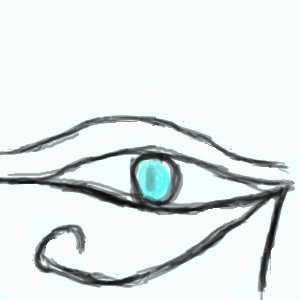The Old Man of Restelo. If you are a Portuguese national you know who I’m talking about, you studied it at school for several years and you know its importance for the Portuguese culture. Today, I see myself and a lot of people being called The Old Man of Restelo because of our opposition to the orthographic agreement in Portugal. But are we really? Are we just resisting change or is the change so absurd that we can’t simply go along with it?
A bit of History
First, let me start by telling you about The Old Man of Restelo (Velho do Restelo) and the reason he is so important for the Portuguese culture. This man is a character from one of the most important books in Portuguese History, The Lusiads, an epic poem written by Luis Vaz de Camões and published in 1572. In this poem, the author talks about the Portuguese Discoveries and their importance for the country at the time. Some compare this work to Virgil’s Eaneid and it is regarded as the most important literary work in the country. His author, usually called simply Camões is so important to the people and the language that the Portuguese Language is usually referred to as “the language of Camões”.
The Old Man of Restelo
This character was an elder from Lisbon’s neighbourhood of Restelo, located next to Belém where the ships departed for their discovery voyages. He stands ashore and tells the navigators to be aware of the dangers claiming they were moved by vanity and power and their voyages were deemed to fail. This character remained present in the Portuguese culture, so much so that when someone is showing pessimistic behaviour people say “Don’t be the Old Man of Restelo” (“Não sejas um Velho do Restelo”).
The Orthographic Agreement
Since the Portuguese Government forcibly introduced the Orthographic Agreement to the Portuguese, a vast majority of citizens revolted against it, myself included. Are we being the Old Man of Restelo? No, we are not resisting change, we believe in change when change is due, and let me tell you there have been plenty of changes in the Language of Camões since he was alive to use it. He would have written ‘pharmacia” (pharmacy), and even the title of his epic work would be written “Os Lvsiadas”. But all these changes were natural, the language evolved and we needed to change it to reflect that natural evolution. The same happened to other languages, such as English.
The problem with the Orthographic Agreement is that the change was imposed and has no natural causes. The Portuguese Government simply forced the Portuguese to forget about their language and culture and adopt a variant of their language, the Brazillian variant that is so different from the Portuguese Language that you almost need a translator to translate between the two.
The result of this was catastrophic I would say. The language fell into the abyss and not even those who created it know how to apply it. So, no, we are not The Old Man of Restelo, resisting change or going against evolution, because this is not evolution at all, this is an absurdity that was imposed on a country and its People. An absurdity that makes no sense and can only be rejected by those who like the language and use it.
This has nothing to do with evolution, nor it has to do with racism or hatred against the Brazilians as some have also accused us of. There are plenty of Brazilians who are as disgusted by this as we are and we stand together in this fight. In the same way, they deserve their sovereignty, culture and language, and so do we. So we are not the Old Man of Restelo, we just want justice for Portugal and for the Language of Camões. That is why we say NO to the dictatorship they impose on us and that is why we say NO to the Orthographic Agreement!
